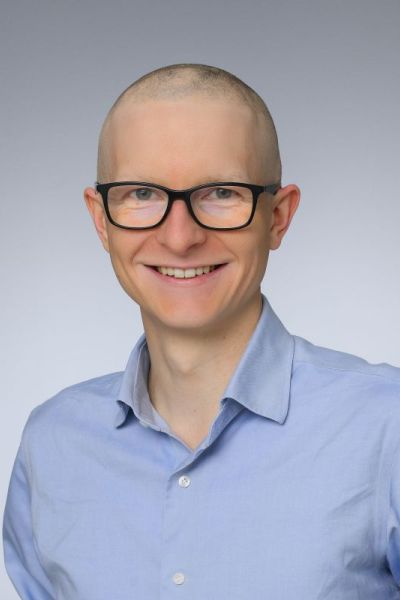Meyer Laboratory
David Meyer
About the Lab
Genome instability is a universal challenge to cellular and organismal homeostasis. Unlike proteins or metabolites, the genome must be preserved throughout life, yet it is continuously exposed to DNA damage and repair errors. These processes are not only a source of mutations but also a major driver of stochasticity and loss of regulatory fidelity across biological systems. We have shown that the gradual accumulation of this stochastic variation is sufficient to build aging clocks and may explain fundamental aspects of the aging process. DNA damage and genome instability represent one of the primary forces that fuel this stochasticity in aging.
Our lab aims to understand how genome instability interfaces with stochastic changes across multiple omics layers in humans and model organisms of varying lifespans. We integrate genomic, transcriptomic, proteomic, and epigenomic data to dissect how instability propagates into regulatory noise and loss of cellular fidelity. By quantifying entropy measures across these layers, we explore how stochastic damage over time contributes to deregulation, disease, and decline.
A central part of our work is the development of predictive models such as aging clocks, which we use both for biological discovery and for translational applications. For example, we demonstrated with aging clocks that a naturally evolved rejuvenation phenomenon occurs during diapause exit in C. elegans, revealing that biological age can be reset under specific conditions.
In addition, we employ in silico drug screens to identify compounds with the potential to counteract age-related diseases. While the approach is broadly applicable, we have previously demonstrated its effectiveness by predicting compounds that mitigate neurodegeneration in C. elegans, which were subsequently validated in vivo.
Finally, in collaboration with clinicians, we apply entropy-based metrics and machine learning to human patient data. By comparing samples from individuals with and without disease, as well as responders and non-responders to treatment, we aim to identify predictive signatures of treatment response, frailty, and disease.
Together, our work links genome instability, biological entropy, and predictive models as powerful tools for both understanding and intervening in the aging process.
Our recent publications are available here:
David Meyer is an independent PI at the Institute for Genome Stability
in Ageing and Diseases (IGSAD) at the CECAD Research Centre of the
University of Cologne since 2025. In 2018 he received his Master’s
degree of Bioinformatics in Germany, completed his PhD training as
part of the Cologne Graduate School of Ageing Research at the
University of Cologne in Germany in 2024, and conducted his
postdoctoral research as the bioinformatics lead spearheading the data
integration project of the research group FOR5504 on Physiological
Causes and Consequences of Genome Instability. David has been
recognized with several awards, including the Heinz Nixdorf
Scholarship, the PROMOS Fellowship, travel awards from the ARDD 2023
and the 14th Alliance for Healthy Aging Conference, the first poster
prize at the ARDD 2024, and the SIB Bioinformatics PhD Paper Award in
2025.
